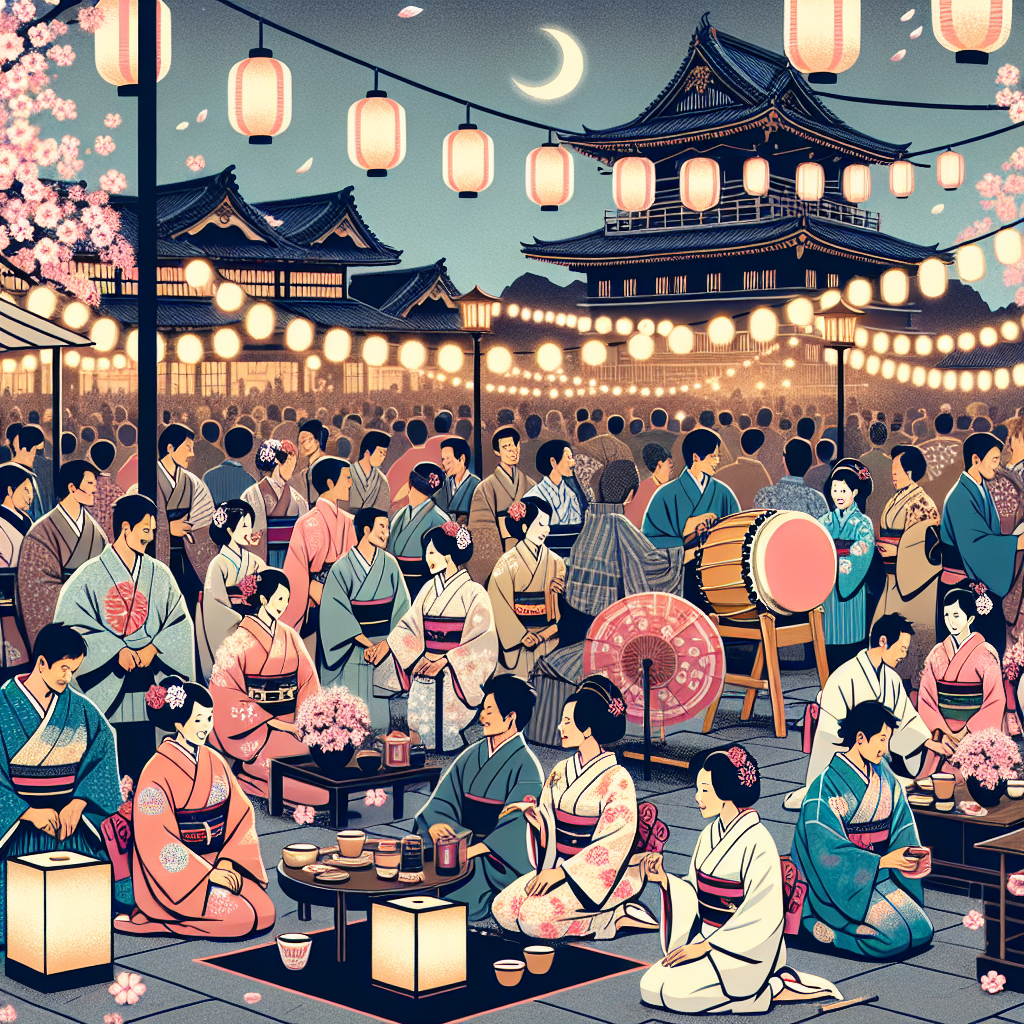Japan's Remembrance Day: A Legacy of Conflict and Diplomacy
Japan observes the 80th anniversary of its World War Two defeat, with cabinet ministers visiting the controversial Yasukuni Shrine. The shrine, which commemorates war dead, including convicted war criminals, stirs controversy with China and South Korea. Such visits are criticized for potentially straining diplomatic relations while emphasizing a complex wartime legacy.

On Friday, Japan observed the 80th anniversary of its World War Two defeat, with significant diplomatic implications as cabinet ministers and thousands of citizens visited the Yasukuni Shrine in Tokyo.
Shinjiro Koizumi, agriculture minister and a notable political figure, was among those who visited the controversial site, which honors 2.5 million war dead, including 14 convicted war criminals. Visits to Yasukuni have historically drawn criticism from China and South Korea, nations that suffered under Japanese wartime actions.
Prime Minister Shigeru Ishiba and Emperor Naruhito participated in separate memorial ceremonies, underscoring Japan's challenging task of balancing respect for fallen soldiers with sensitive international diplomacy. The anniversary closely precedes a key diplomatic engagement with South Korea's President Lee Jae Myung, aiming to discuss regional cooperation amid shared security concerns.
(With inputs from agencies.)
ALSO READ
Trump Secures Major Trade Deal with South Korea
Reviving American Shipbuilding: A $150 Billion South Korean Initiative
FBI Expands Presence in New Zealand to Counter China's Pacific Influence
Reviving Shipbuilding: A South Korean-American Alliance
Nvidia's H20 Chips Under Scrutiny: China's Security Concerns Rise










